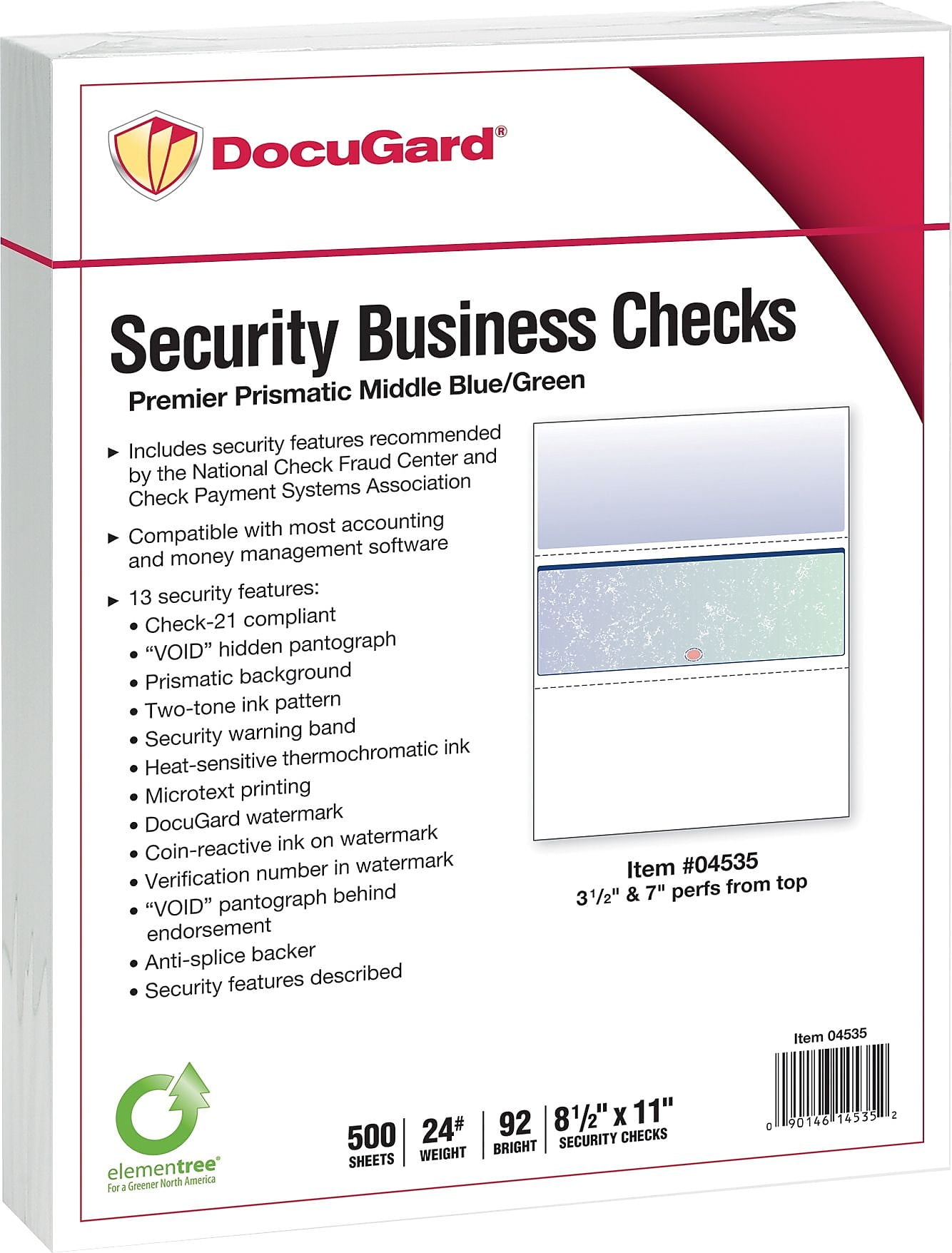
- #Void pantograph i130 manual
- #Void pantograph i130 full
- #Void pantograph i130 registration
- #Void pantograph i130 code
- #Void pantograph i130 license
1, General Information) for more information about procedures for enrolling as a Medicaid provider. Refer to: Subsection 1.1, “Provider Enrollment” in “Section 1: Provider Enrollment and Responsibilities” ( Vol.
#Void pantograph i130 code
#Void pantograph i130 registration

#Void pantograph i130 manual
Refer to: The VDP Pharmacy Provider Procedure Manual on the VDP website. Pharmacy providers enrolled with HHSC should refer to the VDP Pharmacy Provider Procedure Manual for policies and procedures pertaining to fee-for-service outpatient pharmacy claims, including drug benefit guidance, pharmacy prior authorization, coordination of benefits, drug pricing, and reimbursement. To participate in the Medicaid or CHIP managed care networks the pharmacy must contact the health plan. Pharmacy providers must enroll with HHSC before providing outpatient prescription services and prior to participating in any Medicaid managed care network. Enrollment is not granted unless additional benefits are established. Consideration is relative to the benefits made available to the client eligible for pharmacy benefits.
#Void pantograph i130 license
VDP enrolls any eligible, in-state pharmacy licensed as Class A or C by the Texas State Board of Pharmacy.Īny out-of-state pharmacies or pharmacies holding any other class of pharmacy license are considered for inclusion in the program on a case-by-case basis. 2, Provider Handbooks) for additional information about managed care prescription drug and pharmacy benefits. Refer to: The Medicaid Managed Care Handbook ( Vol.

Note:Pharmacy services for clients in Medicaid managed care are administered by a client’s managed care organization (MCO).

VDP manages the Medicaid and CHIP drug formularies and Medicaid Preferred Drug List (PDL). Children with Special Health Care Needs (CSHCN) Services Program.

#Void pantograph i130 full
Accordingly, in addition to being subject to sanctions for failure to comply with the requirements that are specific to Texas Medicaid, providers may also be subject to Texas Medicaid sanctions for failure, at all times, to deliver healthcare items and services to Medicaid clients in full accordance with all applicable licensure and certification requirements including, without limitation, those related to documentation and record maintenance. In addition to required compliance with all requirements specific to Texas Medicaid, it is a violation of Texas Medicaid rules when a provider fails to provide healthcare services or items to Medicaid clients in accordance with accepted medical community standards and standards that govern occupations, as explained in Title 1 Texas Administrative Code (TAC) §371.1659. Important:All providers are required to read and comply with “Section 1: Provider Enrollment and Responsibilities” ( Vol. The information in this handbook provides information about Texas Medicaid’s benefits, policies, and procedures applicable to clinician-administered drugs.


 0 kommentar(er)
0 kommentar(er)
